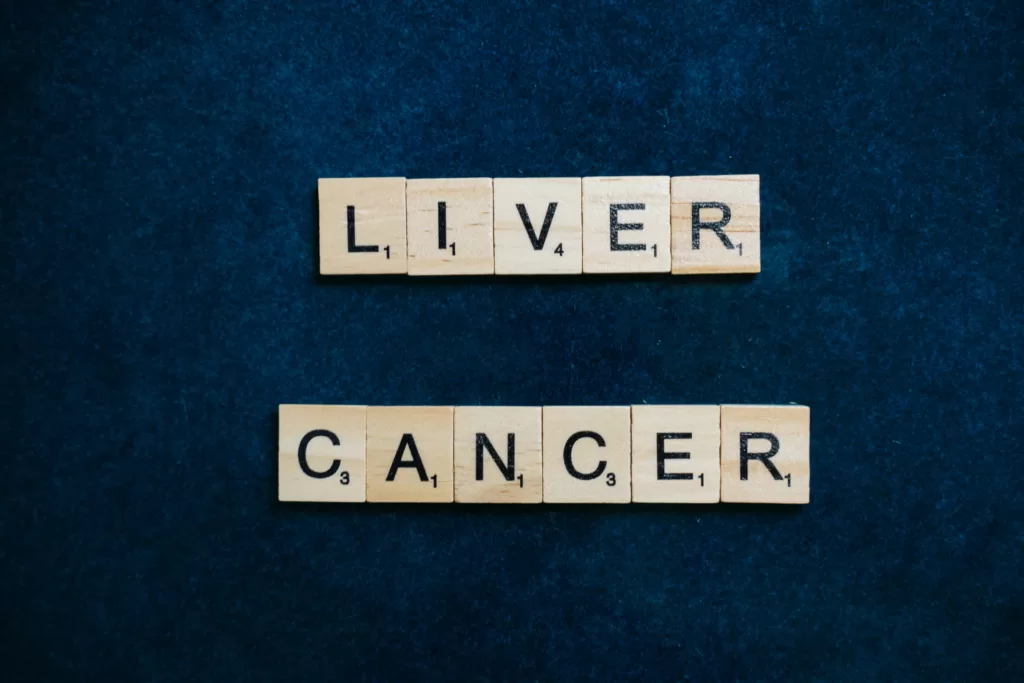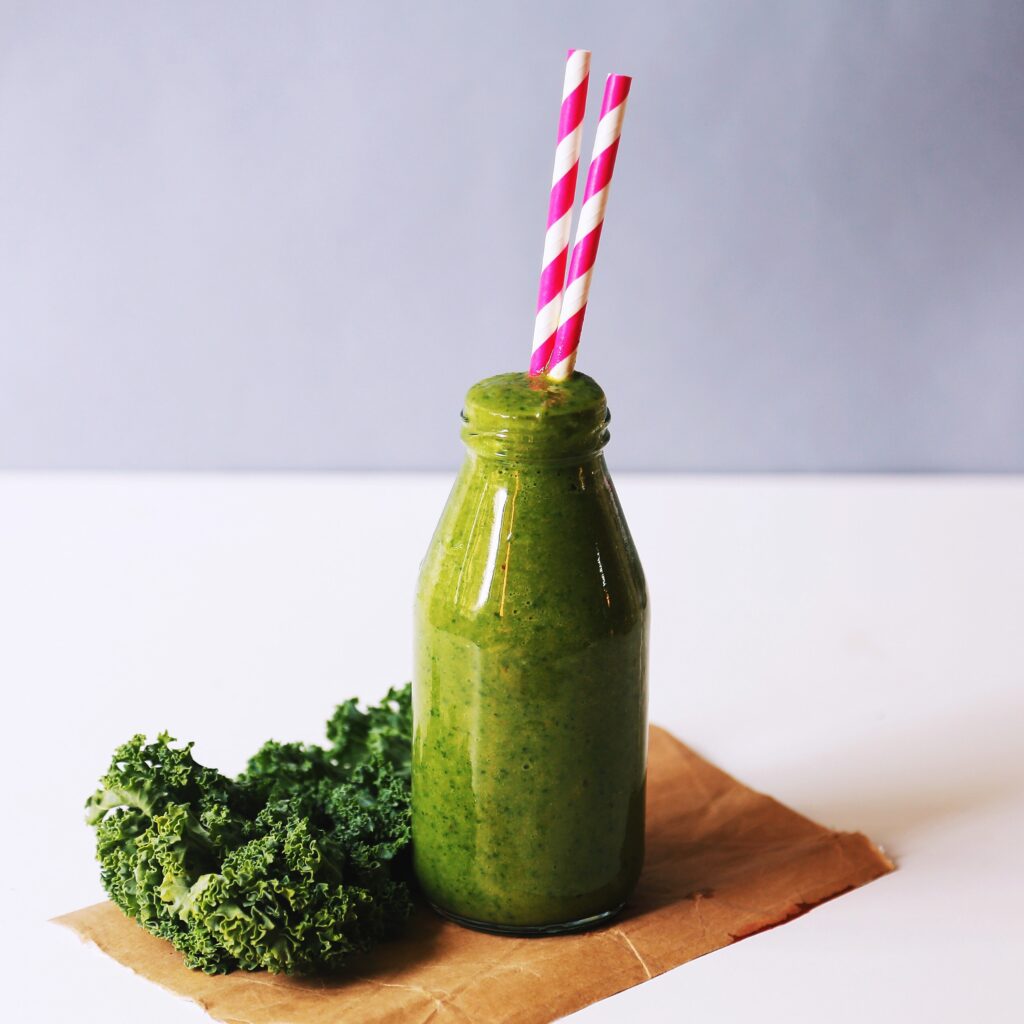In the contemporary hustle and bustle of life, fast food has become a ubiquitous choice for many. While the convenience of quick and tasty meals is undeniable, an alarming health concern lurks beneath the surface – the association between liver steatosis and fast food consumption.
Liver steatosis also known as nonalcoholic fatty liver disease, is a life-threatening condition in which fat builds up in the liver. According to studies, it is found that people who consumed one-fifth of their daily intake diet as fast food often lead a moderate increase in liver fat.

Understanding Liver Steatosis
Liver steatosis, commonly known as fatty liver disease, occurs when excessive fat builds up in the liver cells. It is crucial to delve into the intricate details of this condition to comprehend its correlation with a fast-food-centric lifestyle.
On the other hand, researchers discovered that people with obesity or diabetes who consume 20% or more of their daily calories from fast food have severely raised levels of fat in their liver compared to those who consume less or no fast food.
Healthy livers contain a small amount of fat, usually less than 5%, and even a moderate increase in fat can lead to nonalcoholic fatty liver disease. The serious rise in liver fat in those with obesity or diabetes is probably because these conditions cause a greater susceptibility for fat to build up in the liver.
The research also reveals that, if people eat one meal a day at a fast-food restaurant, they may think they aren’t harming. However, if that one meal equals at least one-fifth of their daily calories, they are putting their livers at risk.
The Link Explored
Dietary Habits and Liver Health
A sedentary lifestyle coupled with a diet rich in fast food is a recipe for disaster when it comes to liver health. The liver, a vital organ responsible for metabolizing fats, is overwhelmed by the constant influx of unhealthy fats from fast food.
Impact of Trans Fats
Trans fats, commonly found in fried and processed fast food, not only raise bad cholesterol levels but also promote inflammation and insulin resistance in the liver – precursors to liver steatosis.
Sugar Overload and Liver Steatosis
Refined sugars, prevalent in sodas and desserts from fast-food establishments, can contribute to insulin resistance and an increased risk of developing liver steatosis. The liver, bombarded by excess sugars, struggles to process and regulate insulin effectively.
IS LIVER STEATOSIS SERIOUS?
Nonalcoholic fatty liver disease can be serious at a time when the liver fat increases to 7% to 30% or more which leads to the first stage called steatohepatitis in which your liver becomes inflamed and damage the tissue, then in the second stage scar tissue forms where your liver is damaged. This process is called fibrosis. After this, extensive scar tissue replaces healthy tissue. At this point, you have cirrhosis of the liver which can cause liver cancer or failure.
The rapid increase in liver steatosis is a big challenge for the world as cases of NAFLD have increased from 391.2 million in 1990 to 882.1 million in 2017, and continuous. So, it is our responsibility to look over this matter and also provide nutritional education to those who need that, especially people suffering from diabetes and obesity.
Breaking the Cycle
Embracing a Balanced Diet
The key to mitigating the risk of liver steatosis is a conscious shift towards a balanced diet. Incorporating whole foods, rich in fiber, antioxidants, and essential nutrients, can support liver health and reduce the impact of fast food.
Regular Physical Activity
A sedentary lifestyle exacerbates the effects of fast food on the liver. Engaging in regular physical activity not only helps burn excess fat but also improves overall metabolic function, reducing the risk of liver steatosis.
Conclusion
In the face of the burgeoning issue of liver steatosis associated with fast food consumption, it is imperative to prioritize health and well-being. A mindful approach to dietary choices, emphasizing whole foods and an active lifestyle, can serve as a formidable defense against the detrimental effects of fast food on the liver.
HOW DO YOU TREAT LIVER STEATOSIS?
There’s no medication specifically for fatty liver disease. Only lifestyle changes will help you.
1. Avoid alcohol
2. Do yoga or stretching exercise
3. Losing weight
4. Taking medicines to manage diabetes, cholesterol, and triglyceride.



Pingback: "The Surprising Truth About Living Liver Donations"
Pingback: 7 Best Daily Use Ayurveda Products Canada For 2024 - HEALTH AURA